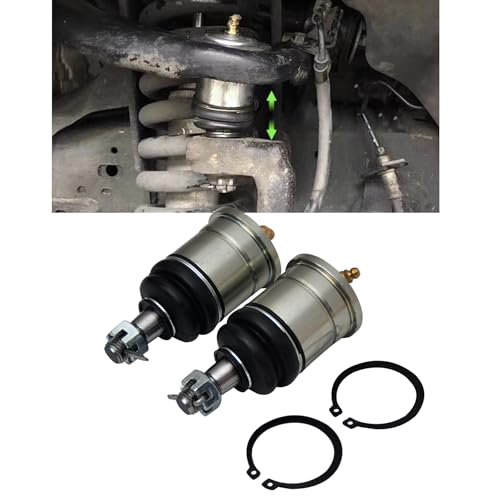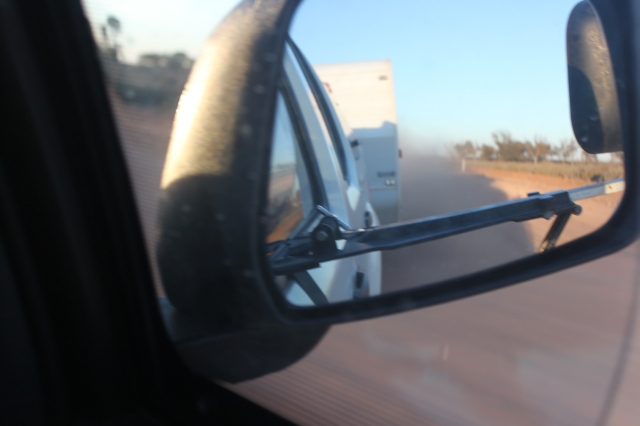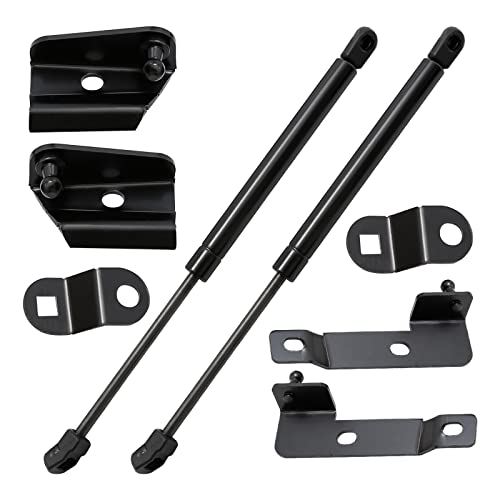Hi, my 2012 D40 V6 550 7 speed diesel had its 40k service and doesn't tow after about 300kms; it just goes into limp mode. Does anyone know if there a recommended range of RPMs for each gear especially 4th, 5th and 6th? I tow a 2000kgs caravan.
You are using an out of date browser. It may not display this or other websites correctly.
You should upgrade or use an alternative browser.
You should upgrade or use an alternative browser.
How do you avoid Limp Mode
- Thread starter glynn
- Start date

Help Support Nissan Navara Forum:
This site may earn a commission from merchant affiliate
links, including eBay, Amazon, and others.
happy john
Member
You may need to explain the issue in a bit more detail by 300kms do you mean 3000rpm?.

A little more information would help us. Can you get the caravan moving at all? Is it an issue with getting up to speed, or does the car stop when towing for a couple of hours?
Hi Old Tony and Happy John,
my Navara STX-550 V6 7 speed auto has towed my caravan half way around Australia but has gone into limp mode each day after it had its recent 40K service. Since that service we drove from Canberra to Townsville via the more direct outback route and each day the auto transmission overheated after about 300kms of towing. Overheating occurred sooner when we had the aircon running. Anyway the Nissan dealer in Townsville said that there were no relevant ECU fault codes but said the transmission fluid they put in at 40k service may have been the wrong type because it looked burnt and had to be replaced. I also have to admit that I had increased our towing speed from about 85kms/hr to 95kms/hr in "Drive". At the higher speed of 95kms/hr the transmission would sometimes go into the highest 7th gear. The Nissan mechanic said that it should never be allowed to go into 7th when towing and that I probably should not be going so fast if I didn't want it to overheat. So if it wasn't a bad load of hydraulic fluid then I just have to go back to towing at my former speed of 85kms/hr in order to avoid overheating and going into limp mode. Do you know what are the best RPMs to aim for when towing in the 4th 5th and 6th gears?
Cheers,
Glynn
my Navara STX-550 V6 7 speed auto has towed my caravan half way around Australia but has gone into limp mode each day after it had its recent 40K service. Since that service we drove from Canberra to Townsville via the more direct outback route and each day the auto transmission overheated after about 300kms of towing. Overheating occurred sooner when we had the aircon running. Anyway the Nissan dealer in Townsville said that there were no relevant ECU fault codes but said the transmission fluid they put in at 40k service may have been the wrong type because it looked burnt and had to be replaced. I also have to admit that I had increased our towing speed from about 85kms/hr to 95kms/hr in "Drive". At the higher speed of 95kms/hr the transmission would sometimes go into the highest 7th gear. The Nissan mechanic said that it should never be allowed to go into 7th when towing and that I probably should not be going so fast if I didn't want it to overheat. So if it wasn't a bad load of hydraulic fluid then I just have to go back to towing at my former speed of 85kms/hr in order to avoid overheating and going into limp mode. Do you know what are the best RPMs to aim for when towing in the 4th 5th and 6th gears?
Cheers,
Glynn
Oh my, there's another case of a "mechanic" who should probably keep his mouth shut.
With NO harm to my car, I've towed the caravan you see in the pic (taken on the Ernest Giles road) at near 130km/h. No problems. Used 17 LPHK which for my 4 cylinder diesel is pretty good considering the speed we were doing (1.8T van).
I always drive in overdrive. If we're climbing a steep climbs I'll drop the gears manually, and I'll engine brake on steep descents as well, but at all other times I keep it in top gear. We went to the National Navara Muster last year (was near Warwick in Qld) with a busted fluid coupling on the radiator fan and didn't have any difficulty.
We now have a 2.5T van and I'd do the same, no hesitation.
It's an automatic for a reason: it will automatically select the gear that it needs to for the current load and demands by the driver. Up steep hills (and really, I'm talking 12/13 gradients here not speed humps, try Cunninghams Gap) you could kick it back manually like I do, it does help, but ordinarily you should feel free to let the gearbox do its own thing.
Optimum RPM - should be about 300rpm less than mine (your optimum cruise RPM is 1700rpm, mine's 2000rpm). When hill climbing, I try to keep my RPM at around 2400-2500, so you might aim for 2100-2200 rpm. I aim to keep the engine load % when towing below 80%.
If you can't do that, then your car has a problem. The very first thing I would suggest is that you get the engine up to normal operating temperature, stop the vehicle, pop the bonnet release and turn off the motor. Open the bonnet immediately and try turning the cooling fan over by hand (be careful, EVERYTHING around it is bloody hot!). If you can turn it easily, your fluid coupling is shot and needs to be replaced = problem solved. It's the first thing I'd suspect.
That a problem happened after a particular service may be coincidental. Let's do a few things to try narrow down the possibilities - starting with the fan test. Oh, don't try stopping it with a rolled up newspaper - you could break a blade, and suddenly a free check of a component becomes an expensive repair job.
With NO harm to my car, I've towed the caravan you see in the pic (taken on the Ernest Giles road) at near 130km/h. No problems. Used 17 LPHK which for my 4 cylinder diesel is pretty good considering the speed we were doing (1.8T van).
I always drive in overdrive. If we're climbing a steep climbs I'll drop the gears manually, and I'll engine brake on steep descents as well, but at all other times I keep it in top gear. We went to the National Navara Muster last year (was near Warwick in Qld) with a busted fluid coupling on the radiator fan and didn't have any difficulty.
We now have a 2.5T van and I'd do the same, no hesitation.
It's an automatic for a reason: it will automatically select the gear that it needs to for the current load and demands by the driver. Up steep hills (and really, I'm talking 12/13 gradients here not speed humps, try Cunninghams Gap) you could kick it back manually like I do, it does help, but ordinarily you should feel free to let the gearbox do its own thing.
Optimum RPM - should be about 300rpm less than mine (your optimum cruise RPM is 1700rpm, mine's 2000rpm). When hill climbing, I try to keep my RPM at around 2400-2500, so you might aim for 2100-2200 rpm. I aim to keep the engine load % when towing below 80%.
If you can't do that, then your car has a problem. The very first thing I would suggest is that you get the engine up to normal operating temperature, stop the vehicle, pop the bonnet release and turn off the motor. Open the bonnet immediately and try turning the cooling fan over by hand (be careful, EVERYTHING around it is bloody hot!). If you can turn it easily, your fluid coupling is shot and needs to be replaced = problem solved. It's the first thing I'd suspect.
That a problem happened after a particular service may be coincidental. Let's do a few things to try narrow down the possibilities - starting with the fan test. Oh, don't try stopping it with a rolled up newspaper - you could break a blade, and suddenly a free check of a component becomes an expensive repair job.
+1 for everything that Tony just said, I tow a 2.8t van at 100kph cruising about 2100rpm in o/d with no problems at all. My theory is that smarter men than me designed the AUTOMATIC transmission and the electronics that control it.

$49.99
The Tuning-Shop Ltd for Nissan Navara 2006-2012 Shift Boot with Plastic Frame Black Leather 210mm
The Tuning-Shop Ltd

$143.99
Car Cover, for Nissan Navara 2016 Indoor Outdoor All Season Resistan Breathable Sun Protection Windproof, Auto Accessories,A-Black-Normal
DATONGSHIPINGCHENGQUDAYUANBAIHUODIANGERENDUZI

$29.98
$45.00
Nissan Navara & Pathfinder (86 - 96)
Classic Automotive Repair Shop & Restoration Manuals

$64.00
Lift Ball Joint Fit forNissan NAVARA D40 2005-2014 / Navara NP300 D23 2015-2023 / Frontier 2005-2021
Great Automotive Technology Guangzhou Co., Ltd
I found this pic, it might give you an idea. The shot was taken on Box Creek Road, somewhere north of Balranald. We were doing 100km/h and that is definitely a dirt road. Torque converter was happily locked, engine was ticking over at a touch above 2000rpm and (thanks to the OME Dakar springs, OME Nitrocharger Sports shocks and the Hayman Reece weight distribution hitch) the entire rig (call it 4.8 tonnes) sat like a train on rails. No temperature issues. No limp mode, just the way it should be.
Anyone who says you can't do what I've done with a substantially more powerful car really needs to come out and see it happening for themselves.

Anyone who says you can't do what I've done with a substantially more powerful car really needs to come out and see it happening for themselves.
Attachments
BMGTZ
Member
Ive just done 14000kms of towing a 2900kg load van. no overheating....no issues at all really .....other than stupid nissan dealers not having the right grade of oil for my car in alice springs or darwin.
I usually tow in manual mode and changing up and down when the engine"feels" right. Other times I was lazy and just left it in auto...but that used a bit more fuel.
I usually tow in manual mode and changing up and down when the engine"feels" right. Other times I was lazy and just left it in auto...but that used a bit more fuel.
Similar threads
- Replies
- 35
- Views
- 16K



















